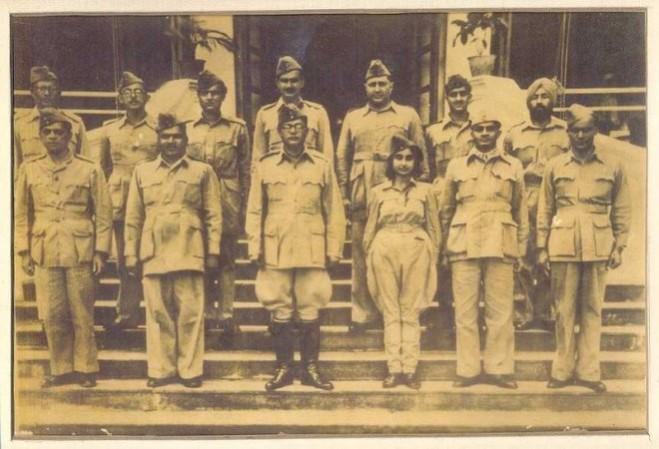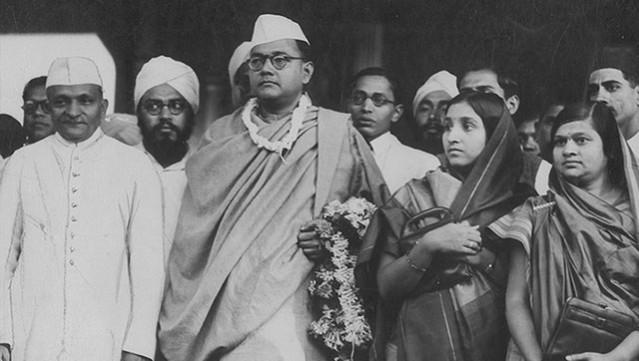As the nation pays tribute to Netaji Subhas Chandra Bose on Wednesday, Jan 23, it's just irresistible to pay tribute to the man who stirred nationalist sentiments among the Indians abroad at a time when World War Two had divided the world in two camps -- Axis or Allies.
Undaunted by fascist overtures of Germany under Hitler or Japan under military control, Subhas Chandra Bose retained the Indian goal to achieve freedom from the British with or without help from friends or foes. His determination might have left him blurred to the ideological divide that the world was going through then but he retained the human touch throughout his war campaign in Southeast Asia.

Netaji, who had crossed the oceans from Germany to Japan in 1943, took over the command of not merely the loosely-knit Indian National Army from Rash Behari Bose and other members of the Indian National League but insisted on setting up the Indian Government in Exile, which has twisted the treatment meted out to Indians in Tokyo till then. He made it clear that Indians cannot be refugees but be treated as fighters on foreign soil to which the Japanese agreed.
Ever since, his sojourn to Andaman Islands in the Indian Ocean and Kohima in the North East, was bereft of any shortcomings until the Japanese army succumbed to the overwhelming British military, in turn forcing the INA to retreat. Whether he joined hands with the fascist powers in Europe or awaited a a friendly nod from the leftist rulers in Moscow, Subhas Chandra Bose remained a samurai warrior on the battle front and nobody, not even Nehru had any doubts about his loyalty to the country.

Just two years before India got its independence, his death in an air crash on August 18, 1945 left the nation, including Mahatma Gandhi, not to believe and instead wish that it was a fake news made out to safeguard Netaji from the Allies. The belief remained strong until the 1956 Netaji Inquiry Committee headed by Major General Shah Nawaz Khan made it clear that the air crash and the death of Netaji were true.
Netaji's close and trusted aide-de-camp (ADC) Colonel Habibur Rehman Khan of INA recollected the last words of Netaji Subhas Chandra Bose:"I have fought to the last for India's independence and now am giving my life in the same attempt. Countrymen! Continue the fight for independence. Before long India will be free. Long Live Azad Hind."


















